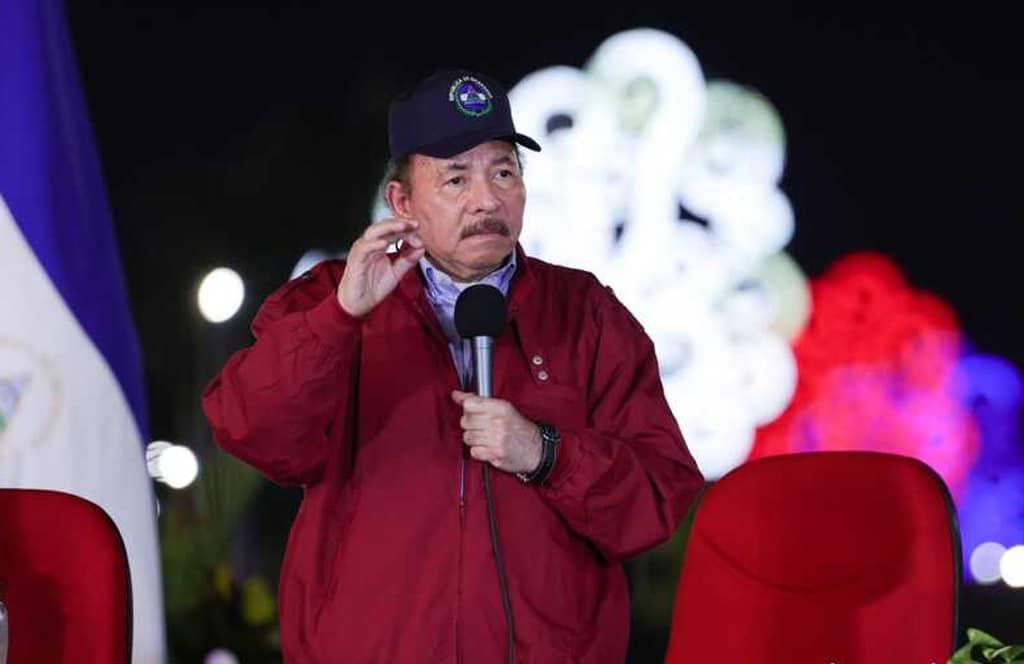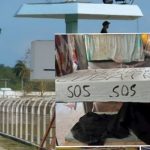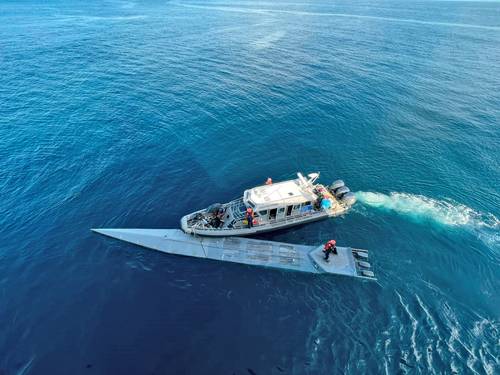The unilateral decision of the regime of Daniel Ortega and Rosario Murillo of suspend diplomatic relations with the Holy See It is an event that has not been seen in Latin America in more than a century and a half.
One has to go back to 1861 to find a case similar to that of Nicaragua, when Mexico broke off diplomatic relations with the Vatican, a crisis that worsened with the triumph of the Mexican revolution (1910-1917).
Diplomatic tensions between the Vatican and Mexico were not finally resolved until 1992, two years after a historic visit by Pope John Paul II to the Aztec country.
According to collects a note from the Spanish newspaper El Paísthe formalization of diplomatic relations occurred after a constitutional amendment in which “the legal personality of the Churches and other religious groups is recognized.” And it is that after the end of the Mexican revolution, a new Political Constitution was established in which the Catholic Church was prohibited from having property. Subsequently, at the end of the 1920s, the Mexican government crushed the rebellion of the Cristeros, inspired by the Church, through a violent repressive campaign in which hundreds of parishes were burnt down and several priests hanged in public.
“Since President Carlos Salinas de Gortari assumed the presidency in 1988, relations between the Catholic Church and the Government have been more open. In an unusual event in the country’s modern history, Salinas invited the Catholic hierarchy to his inauguration ceremony, a gesture that was criticized by the opposition, ”quotes the note from the renowned Spanish newspaper.
The report adds that Salinas and the pope decided in February 1990 to strengthen relations and that in 1991, Mexico lifted the ban that prevented priests from wearing clerical clothing in public.
In addition to the Mexican case, the Vatican also faced a strong diplomatic escalation with the Cuban regime of Fidel Castro due to the restrictions imposed on the island on the Catholic Church, but these did not reach the point of suspension of relations, much less a break.
Holy See accepted with “Much sadness”
The Ortega y Murillo regime added another controversy to its diplomatic history, by unilaterally suspend a diplomatic relationship of at least 115 years, since Relations between Nicaragua and the Holy See were born in 1908. However, the coexistence between the Sandinistas and the Nicaraguan Catholic Church has been marked by friction and mistrust in the last 43 years.
The decision was made after an interview was published in which Pope Francis described it as a “Hitlerian dictatorship” to the Government of Nicaragua, whose top leader, Daniel Ortega, commented —“with great respect”— that he suffers from “an imbalance”.
Diplomatic sources in Rome confirmed to CONFIDENTIAL that the representative of the Sandinista government before the Holy See “orally” communicated the decision in the Vatican Secretariat of State, in Rome, alluding to the declarations of the Holy Father, in which for the first time he referred forcefully to the attacks of the regime against the Catholic Church. The pope also praised the imprisoned Bishop Rolando José Álvarez: “There we have a prisoner bishop, a very serious man, very capable. He wanted to give his testimony and did not accept exile ”.
A report of the Argentine newspaper La Nación revealed that On the night of Friday, March 10, hours after the disclosure of Pope Francis’ statements, the Vatican Secretariat for Relations with States received the “verbal note” in which Nicaragua reported its decision to close its embassy to the Holy See, and asked the Vatican to do the same with its nunciature in Managua.
“The Vatican acknowledged receipt of the ‘verbal note’ sent that same Friday night by Nicaragua, with another ‘verbal note’ in which, ‘with sadness’, it took note of the diplomatic communication. And he instructed the current Vatican business manager, Senegalese Monsignor Marcel Diouf, who is in Managua, to close the nunciature and leave the country, ”the La Nación report cites.
As in that “verbal note” there was no mention of a break in diplomatic relations, “formally there is no break,” Vatican sources told La Nación, who also admitted that the situation is very delicate and nobody knows what could happen in the short term. term. “It is clear that it is a step that is close to breaking, although not necessarily and, in any case, suspension is not breaking,” the same sources explained to the Argentine newspaper.
Nicaragua is also one step away from joining a small group of thirteen countries It does not have diplomatic relations with the Holy See. These intransigent positions are taken, by these nations, for religious reasons or because they are governed by totalitarian political systems.
Eight of these nations are Muslim: Afghanistan, Saudi Arabia, Brunei, the Comoros, the Maldives, Mauritania, Oman and Somalia. The other states are ruled by communist governments: China, North Korea, Laos and Vietnam. Of these, Vietnam is the one with the most advanced steps to establish diplomatic relations with the Holy See.


















